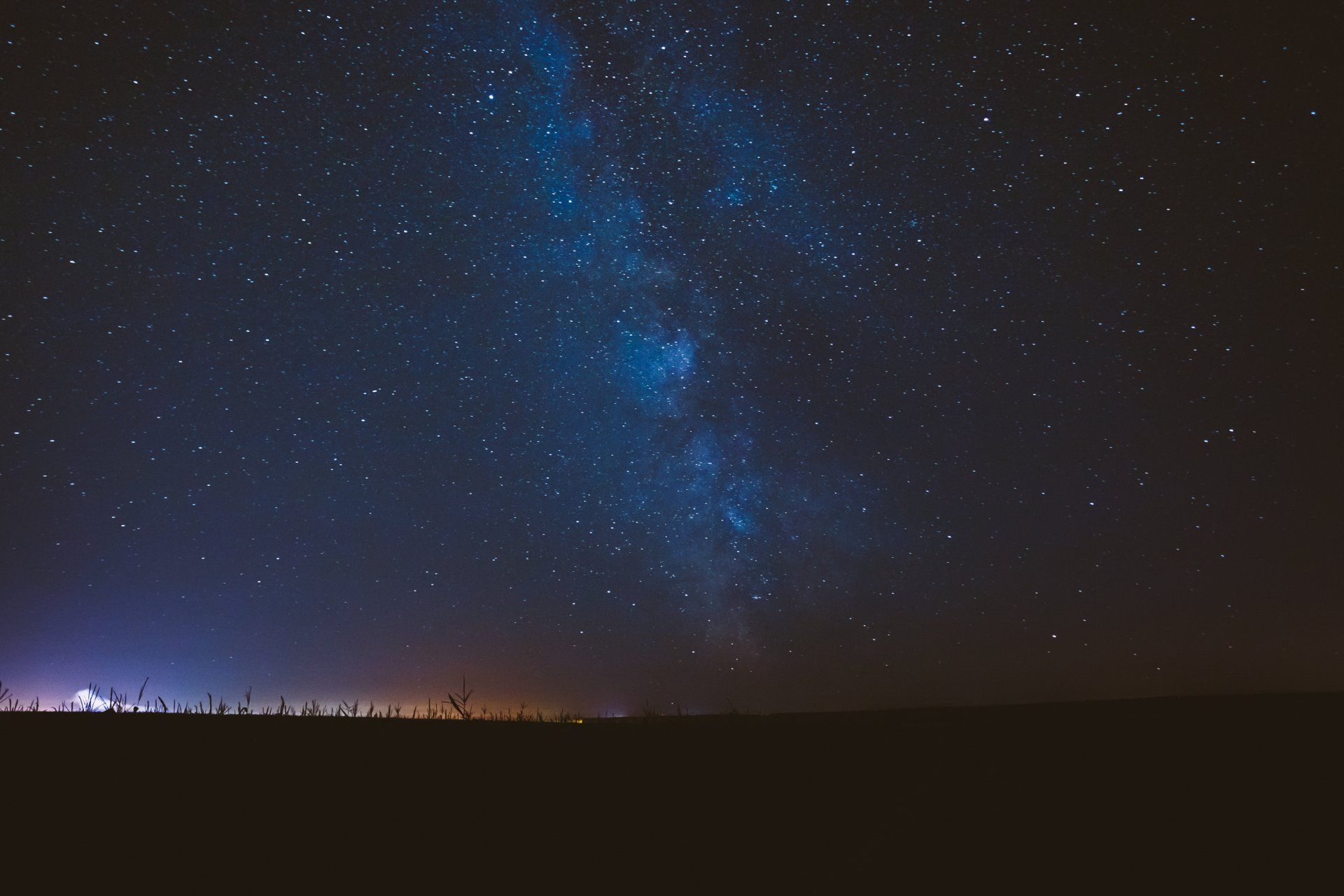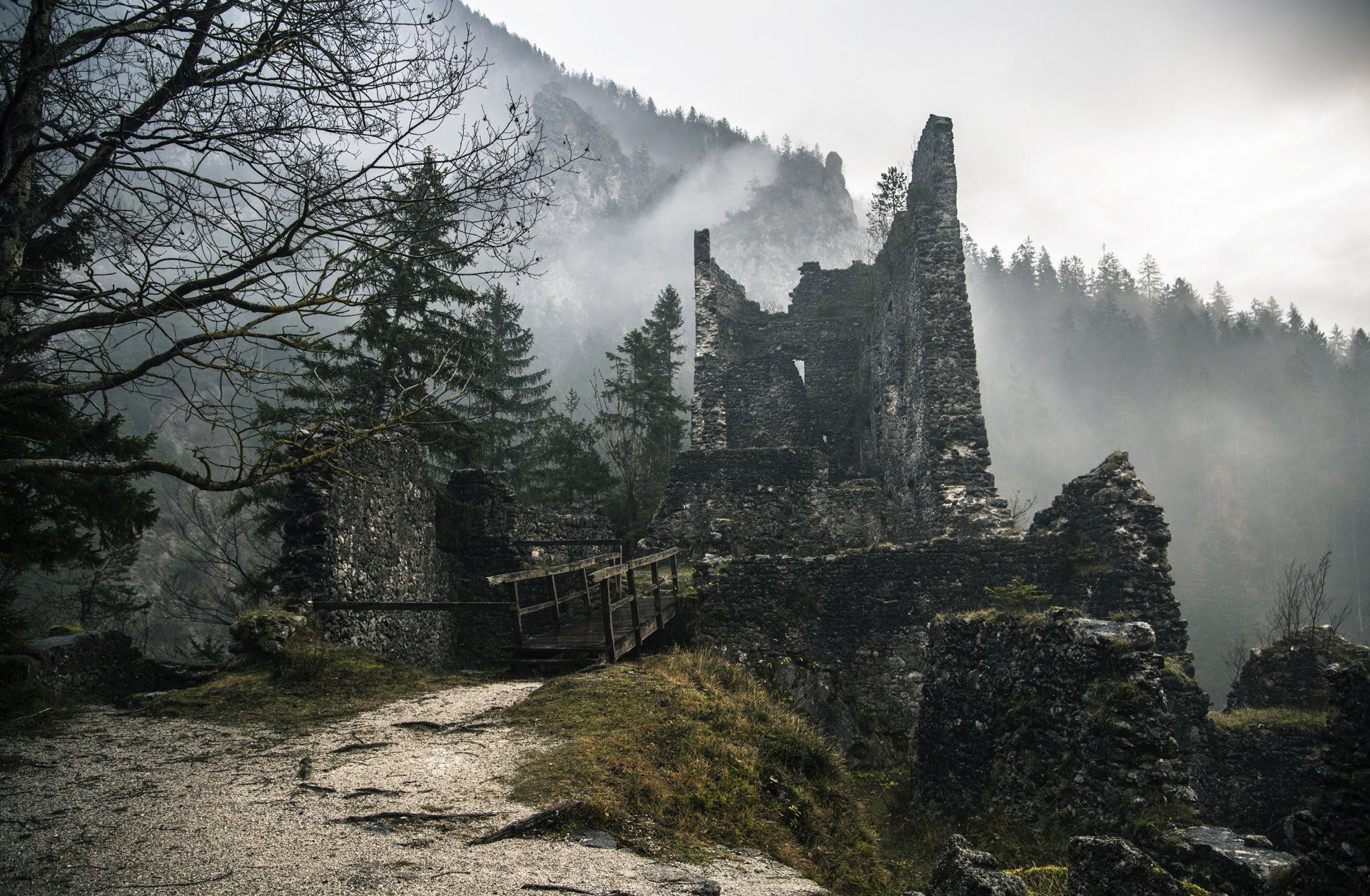ARTIFICIAL INTELLIGENCE AND THE FUTURE OF WORK
Brian Harris • February 17, 2020
What does it mean to be human?
Have you ever asked at what point technology will have so advanced that the input of humans into life’s tasks will rarely be required? And what does that mean for the future of work? And what does it say about what it means to be human?
A personal anecdote. My family and I had recently arrived in New Zealand from South Africa. In the South Africa we left, the rubbish was collected by a van which rode down each street, the driver being supported by a team of four runners. Those runners would divide into teams of two, one for each side of the road. One would pick up the bag of rubbish and throw it into the back of the truck slowly driving down the street, the other would put out a replacement bag for next week’s rubbish. In New Zealand (and in Australia where we now live) that team has long been replaced by a sole driver for a truck with a mechanical arm which stretches out to each rubbish bin placed by the road, lifting it up and dumping its contents into the back of the van. A team of five had been reduced to one by the advent of that mechanical arm. Interestingly enough, the team of five in those South African teams were almost always all male. But the first driver I saw in New Zealand was a woman... Perhaps there was some significance in that... one woman now doing the work that it previously took five men to do. But the story doesn’t stop there. We are now on the cusp of driverless cars. In the not too distant future that once team of five, currently reduced to one will reduce further to none. A driverless van will sense where each rubbish bin is and will silently empty it, gliding from one street to the next.
And it will impact many other jobs. We’ve all got very excited by the advent of Uber - and the way it has revolutionised the taxi industry. But realistically, if you are now an Uber driver, don’t plan to be retiring from that job in forty years’ time. It will have disappeared long before then.
Actually, most mundane jobs are likely to go. Perhaps you already have an automatic vacuum cleaner - one which starts itself and zips around your home cleaning even in hard to reach corners. The technology for that will keep getting better and better. So if you are a professional cleaner... well, I’d be a tad worried if it was a job I loved. It probably won’t exist in 20 or 30 years. And so we can go on.
It forces us to ask questions about the place of work in life, and what it means to be human. After all, robots able to simulate empathy and to anticipate the sympathetic responses you might be looking for, are already in the early stages of design. Will we bother to form relationships with one another when we can have a smoother and less challenging relational ride with our robot? He or she (and I imagine our robot of choice can be of whatever gender we select them to have) will probably never challenge us but will calmingly agree with our every sentiment, helping to confirm each of our prejudices and preconceptions, leaving us content but undeveloped.
In short, with the rapid advances in artificial intelligence, are there some key theological truths we need to restate so that we guide the flow of progress, rather than simply lament its advance? If we had been aware of the impact of climate warming we might have paced the industrial revolution a little differently. By anticipating the impact of technological advances, perhaps we might tread a slightly different path. Here are four key guiding principles I thought of, and you might like to add others.
1) Work matters: While it is true that work became a burden as a result of the fall of humanity, prior to the fall it was a source of joy and creativity. The first human couple had to tend the garden. It was not designed to look after itself. Adam had to name the birds and animals, an act of great creativity, which was done with God watching on but not interfering in the process. Work was designed to be part of a good world, and we are right to assume that it will be part of the ultimate eschatological reality we will embrace. While we should delight in creativity, and celebrate the removal of the need for work which dehumanises and depresses, we should be wary of creating any form of artificial intelligence that replaces our own need to be intelligently engaged with and creatively interacting with the world.
2) People matter: All people have been made in the image of God and therefore have enormous worth. Not everyone has an enormous IQ. We must guard against a world where only the brightest and best can be actively engaged in the creative process. The world was not designed for non-participants. We must not redesign the work force in such a way that most find their labor unnecessary. Put bluntly, we must be sufficiently creative to constantly create meaningful and accessible new forms of work
3) The communal good matters: For most of human history individualism has not been highly valued. How that has changed. While there are many advantages in the turn to the self and encouraging each person to find their own unique voice, we should remember that the only valid self that the Bible knows is the self in community. We are called into relationship with God, with one another and with Creation. How we fare collectively matters. It is not enough for me to look towards the future and to conclude that my configuration of gifts is sufficiently special for me to be unafraid that my skills will ever be redundant, and therefore to conclude that as technology will never make me surplus to requirements, I need have no concern for those who will be impacted by its advance. We need a heightened awareness of the vulnerability of others. And we need to use every ounce of our creativity to ensure that all are actively engaged in the new world that continues to emerge. Put differently, when I hear of jobs made redundant because of advances in technology, it does concern me, even if my sector is not at risk. It impacts me because it impacts others. John Dunne was right. No one is an island, complete in their self. Anyone’s death diminishes me, because I am part of humanity. And therefore I must never send to know for whom the bell tolls... for it tolls for me.
4) Relationships matter: In a highly individualised world, where the average train is filled with people interacting with their iPhone but rarely with each other, we need to keep opting for relationships. We’re used to being able to select the music we listen to (and why would you care - my headphones are on, so I’m not troubling you), or the movies we watch. The consumer is king, and should never be challenged - or so we think. We’re building a world where we don’t interrupt each other, but do an increasing number of things on our own. Trouble is that we’re forgetting how to be in genuine relationship - and by genuine I don’t mean, “you don’t interfere in my space, and I won’t interfere in yours”. Real relationships are robust, and challenge the deep levels of selfishness found in most of us. Technology might convince me that I need you less and less, but in reality the only less that occurs is that I become a little less human as a result, and my capacity for deep empathy is likely to be swamped by the endlessly instant gratification technology superficially provides to meet my every need.
So should we do an Amish, and say “no” to technological advances? That’s only possible if we remove ourselves from the flow of life, which is neither a viable nor a desirable option. But now is the time to ask more deeply than ever before “so what does it mean to be human?” Our answers should shape the way we respond to technological advances.

Sometimes, we categorise people out of Gods kingdom because they don’t meet the brief, they don’t fit our preconceived ideas and expectations. So, this Christmas, when I put my nativity in pride of place to celebrate “the King has Come”, I am reminded that a King didn’t come, at least not in the eyes of all those waiting on one. The nativity was the ultimate Kris Kringle (maybe the first!), where we quite simply don’t know what to expect and should always be prepared for a surprise, but it will be a gift.

St John of the Cross wrote: “If a man wishes to be sure of the road he treads on, he must close his eyes and walk in the dark.” When we can’t see, and can’t make any sense of things, keeping on can be the deepest form of trust. It can serve a profound purpose, for the dark night of the soul is sometimes the space between who we have been and who we will become.

